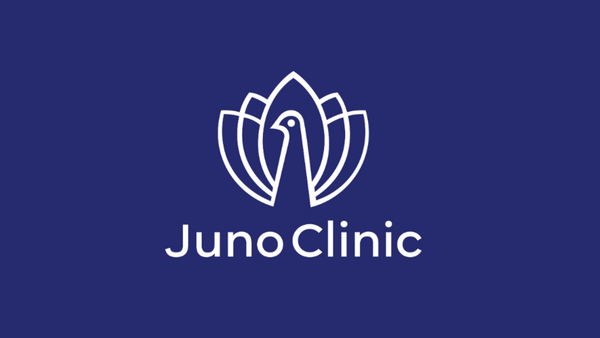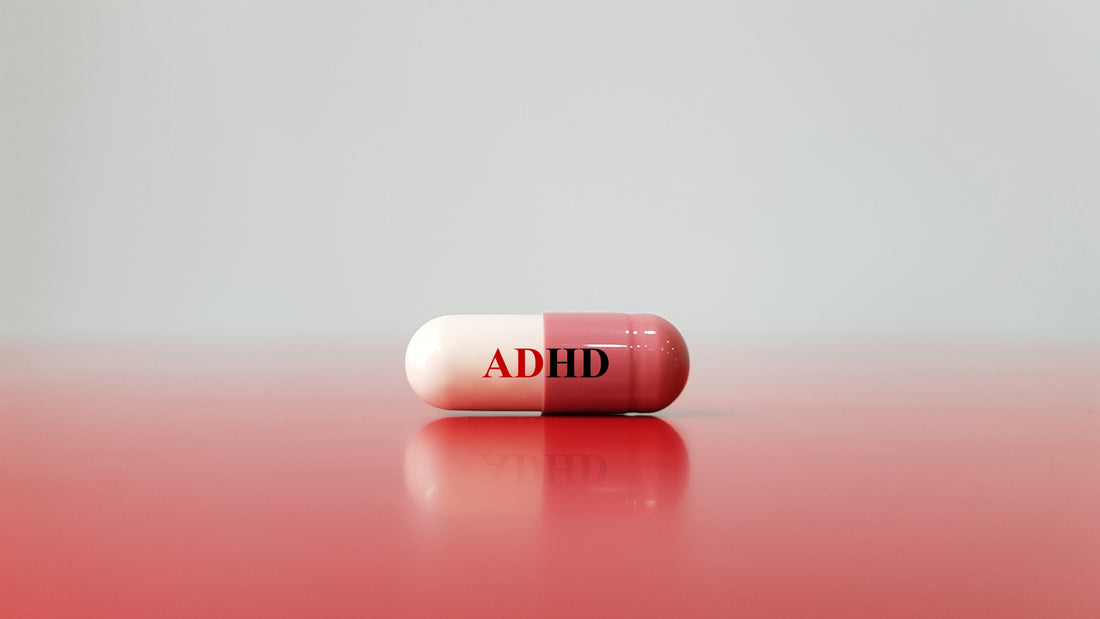Living with Attention Deficit Hyperactivity Disorder (ADHD) presents unique challenges that often require a multifaceted approach to treatment. At Juno Clinic, we understand the importance of tailoring interventions to meet the diverse needs of individuals with ADHD. Let's delve into three primary treatment approaches: medication, psychological therapies, and psychosocial interventions, highlighting their roles in promoting holistic well-being and functioning.
-
Medication:
Medication management is one of the most commonly prescribed interventions for ADHD. Stimulant medications, such as methylphenidate and amphetamine-based drugs are often used to address core symptoms of inattention, hyperactivity, and impulsivity by modulating neurotransmitter activity in the brain.
These medications can enhance focus, impulse control, and executive functioning, thereby improving academic performance, occupational success, and social interactions. However, it's essential to recognise that medication is not a one-size-fits-all solution, and its effectiveness may vary from person to person. Additionally, medication management requires close monitoring by a qualified healthcare professional to optimise dosage, minimise side effects, and ensure safety.
-
Psychological Therapies:
Psychological therapies, such as cognitive-behavioural therapy (CBT), play a crucial role in addressing the cognitive, emotional, and behavioural aspects of ADHD. CBT aims to identify and modify maladaptive thought patterns, improve self-regulation skills, and enhance coping strategies for managing ADHD-related challenges.
Through structured sessions with a trained therapist, individuals with ADHD learn practical techniques for improving time management, organisational skills, and impulse control. Additionally, CBT can help address co-existing conditions, such as anxiety or depression, which often accompany ADHD and contribute to functional impairment.
Other psychological interventions, such as behavioural therapy, focus on promoting positive behaviours and reducing disruptive behaviours through reinforcement strategies, behaviour modification techniques, and parent training programs. By targeting specific behaviours and implementing consistent strategies, individuals with ADHD can develop adaptive skills and improve their overall functioning.
-
Psychosocial Interventions:
Psychosocial interventions recognise the broader social, environmental, and interpersonal factors that influence the well-being of individuals with ADHD. These interventions encompass a wide range of strategies aimed at creating supportive environments, enhancing social skills, and fostering resilience.
Moreover, interventions focused on educational and workplace accommodations are essential for optimising academic and occupational success. These may include individualised education plans, accommodations for exams and assignments, workplace accommodations (e.g., flexible schedules, organisational support), and advocacy for the rights of individuals with ADHD.
At Juno Clinic, we recognise that each individual with ADHD is unique, and there is no one-size-fits-all approach to treatment. We develop personalised treatment plans that integrate medication management, psychological therapies, and psychosocial interventions to address the diverse needs of our clients. By combining evidence-based practices with compassionate care, we empower individuals with ADHD to thrive and reach their full potential.

